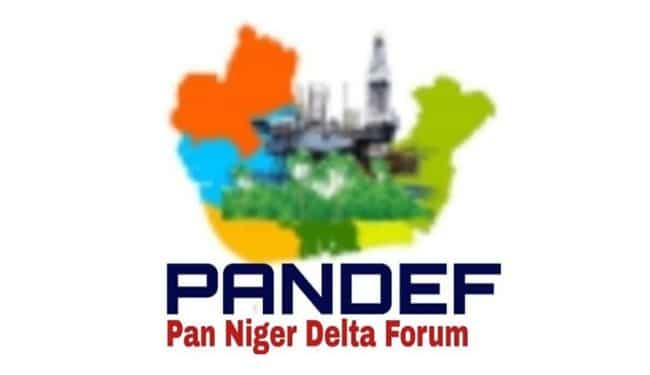House of Representatives, yesterday, approved President Bola Ahmed Tinubu’s request to raise a total of $2.347 billion from the international capital market to part-finance the 2025 budget deficit and refinance maturing Eurobonds.
The approval followed the consideration and adoption of a report by the House Committee on Aids, Loans, and Debt Management, chaired by Abubakar Hassan Nalaraba, during plenary.
The plenary session was presided over by the Speaker, Tajudeen Abbas.
According to the report presented by Nalaraba, the new external borrowing will comprise $1.23 billion to fund the 2025 budget deficit and $1.12 billion to refinance Nigeria’s Eurobond maturing in November 2025.
The committee’s recommendations, as adopted by the House, authorise the Federal Government to implement the external borrowing component of the 2025 Appropriation Act, amounting to N1.84 trillion (about $1.23 billion) at the budget exchange rate of N1,500 to a dollar.
The House also granted approval for the Federal Government to access the funds through Eurobond issuance, loan syndication, bridge finance facilities, or direct borrowing from international financial institutions.
The lawmakers also endorsed the President’s proposal to issue Nigeria’s first-ever Sovereign Sukuk of up to $500 million in the international capital market, with or without a credit guarantee.
Also, the Reps passed for second reading a bill seeking to amend the Money Laundering (Prevention and Prohibition) Act, 2022, to empower the Economic and Financial Crimes Commission (EFCC) and other anti-graft agencies to seize assets linked to unexplained wealth without the need for criminal conviction.
The proposed legislation, sponsored by Yusuf Adamu Gagdi, aims to strengthen Nigeria’s anti-corruption framework by introducing civil forfeiture mechanisms that will enable the recovery of assets whose lawful origins cannot be established.
Leading debate on the general principles of the bill during the plenary session yesterday, Gagdi said the fight against corruption and illicit financial flows remained one of the most defining governance challenges of the time.
He lamented that, despite the robust provisions of the 2022 Act, the proceeds of unlawful activities still found their way into the financial and property systems through sophisticated methods of concealment and layering.
He said: “Mr Speaker, while the current act provides for criminal prosecution for assets derived from illicit sources, it places a high evidential burden on law enforcement agencies that often frustrates timely recovery of stolen assets.
“This bill seeks to strengthen the existing anti-money laundering legal framework by introducing a civil recovery mechanism that enables the recovery of unexplained wealth through a non-conviction-based proceeding. While the current Act provides for criminal prosecution and forfeiture of assets derived from illicit sources, it places a high evidential burden on law enforcement agencies, often delaying the timely recovery of stolen assets.”






